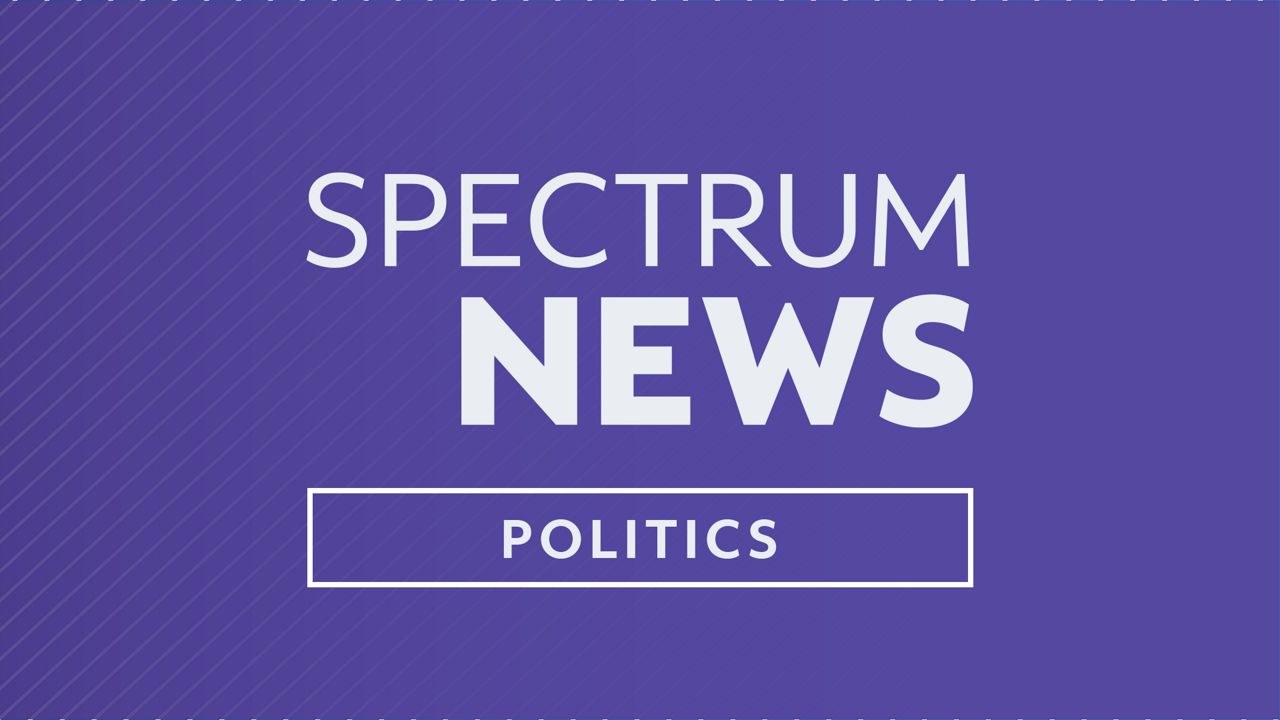ANNAPOLIS, Md. (AP) — Foreign nationals would be prohibited from owning or controlling companies that support U.S. election systems under legislation introduced by two senators from Maryland, where officials learned this summer that a Russian oligarch is heavily invested in a company that maintains key parts of their state's election infrastructure.
Democratic Sens. Chris Van Hollen and Ben Cardin are sponsoring the "Protect Our Elections Act," along with Republican Sen. Susan Collins, of Maine.
"We cannot allow Russia or any other foreign adversaries to own our elections systems," Van Hollen said. "This isn't just a hypothetical issue — it happened right here in my home state of Maryland."
The measure would require companies that provide elections services to report any foreign national who owns or controls their firm to the Secretary of Homeland Security, the Election Assistance Commission and state and local government officials. It also would require companies to provide notice of any material change in ownership or control. The bill establishes a $10,000 fine for failing to do so.
It also requires state and local governments to annually evaluate their election service providers to make sure they are solely owned and controlled by U.S. citizens. The measure includes an exception for providers organized under an intelligence alliance that includes Australia, Canada, New Zealand and the United Kingdom.
In a July briefing, the FBI told Maryland officials that a Russian oligarch named Vladimir Potanin was heavily invested in ByteGrid LLC, the software vendor that hosts Maryland's voter registration system, candidacy and election management system, online ballot delivery system and unofficial election night results website. Potanin has close ties to Russian President Vladimir Putin. FBI agents told state officials at the time they did not believe Maryland's elections systems had been breached or any crimes had been committed. ByteGrid has said the company's investors have no involvement or control in company operations.
State officials asked the U.S. Department of Homeland Security to evaluate the network used by the elections board. Last week, a state elections official said an analysis by the Hunt and Incident Response Team from the National Cybersecurity and Communications Integrations Center has found "no evidence of any unauthorized intrusion" so far. Deputy Election Administrator Nikki Charlson said the review is ongoing, with a final report expected in several weeks.
Maryland was one of 21 states with suspicious online activities before the 2016 election. In Maryland, the suspicious activities occurred on the state's voter registration and ballot request system, the state election board says. The state elections board provided log files to the FBI, one of the state's cybersecurity vendors and another cybersecurity firm, and all three independently reviewed the transactions related to the activity and found nothing suspicious, the board said.
Copyright 2018 The Associated Press. All rights reserved. This material may not be published, broadcast, rewritten or redistributed.



